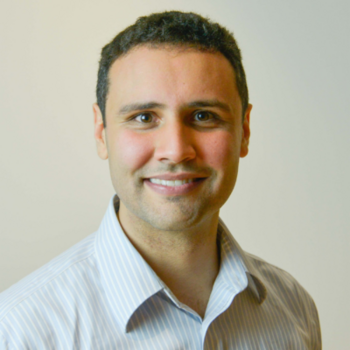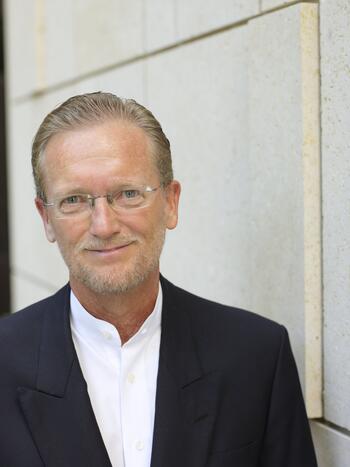Abstract:
Scholars and policymakers maintain that economic growth requires strong legal institutions that can ensure competitive markets. Developing countries are therefore encouraged to create efficient judiciaries that protect property rights, enforce contracts, settle disputes, and provide antitrust and bankruptcy regulation. Although this market-enhancing model for development is widely accepted, several of the fastest growing economies have not pursued such legal reforms, instead allowing certain actors to dominate their legal institutions and markets. To understand why theory and reality diverge, we examine legal changes in India, a country that experienced slow growth in its early decades yet is currently one of the fastest growing economies in the world. We find that India’s growth miracle is at least partly attributable to weak legal institutions and uncompetitive markets. As the Indian economy matures, however, we suspect market-enhancing legal reforms will be required to sustain growth. More generally, market-enhancing legal reforms need to be designed and pursued carefully, taking into account the structure and size of the economy.
Speaker(s) Bio:
Dr. Dinsha Mistree is a lecturer and research fellow at Stanford Law School. His research focuses on understanding why the effectiveness of government agencies varies within the same political systems. He is currently working on a book project examining variations across India's higher education sector, with the underlying objective of understanding why government agencies in the developing world adopt or do not adopt meritocratic practices. Dinsha's work has appeared or is forthcoming at
Comparative Politics,
Springer Press, and
Cambridge University Press. Dinsha earned his PhD in Politics from Princeton University in August 2015. He also holds Bachelor's and Master's Degrees from MIT.
Erik Jensen holds joint appointments at Stanford Law School and Stanford’s Center on Democracy, Development and the Rule of Law. He is Professor of the Practice, Director of the Rule of Law Program at Stanford Law School, an Affiliated Core Faculty at Stanford’s Center on Democracy, Development and the Rule of Law, and Senior Advisor for Governance and Law at The Asia Foundation. Jensen began his international career as a Fulbright Scholar. He has taught and practiced in the field of law and development for 30 years and has carried out fieldwork in 35 developing countries. He lived in Asia for 14 years. He has led or advised research teams on governance and the rule of law at the World Bank, the Asian Development Bank and the African Development Bank. Among his numerous publications, Jensen co-edited with Thomas Heller
Beyond Common Knowledge: Empirical Approaches to the Rule of Law (Stanford University Press: 2003). At Stanford he teaches courses related to state building, development and the rule of law. Jensen’s scholarship and fieldwork focuses on bridging theory and practice, and examines connections between law, economy, politics and society. Much of his teaching focuses on experiential learning. In recent years he has committed considerable effort to building out law degree-granting programs at the American University of Afghanistan (AUAF), where he also sits on the Board of Trustees, and at the American University of Iraq in Sulaimani (AUIS). He is the faculty director of student-driven projects in Afghanistan, Iraq, Rwanda, Cambodia, and he has directed projects in Bhutan and Timor Leste. With Paul Brest he is co-leading a research project launched in 2015 and funded by the Global Development and Poverty Fund at FSI on the “rule of non-law.” The project examines the use of various work-arounds to the formal legal system by economic actors in developing countries. Eight law faculty members as well as scholars at the Freeman Spogli Institute are participating in the Rule of Non-Law Project.


